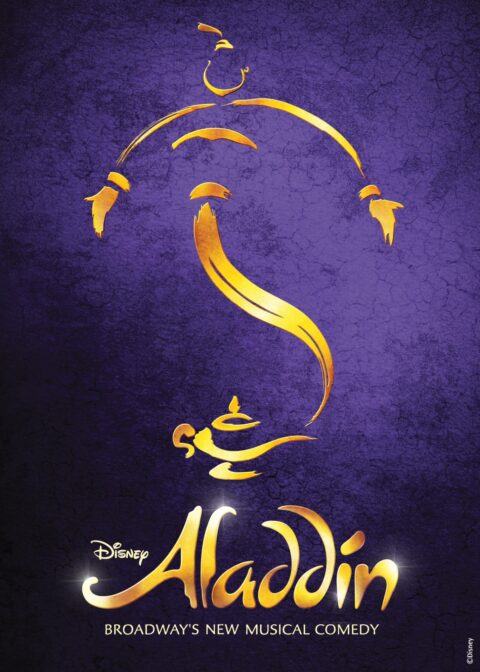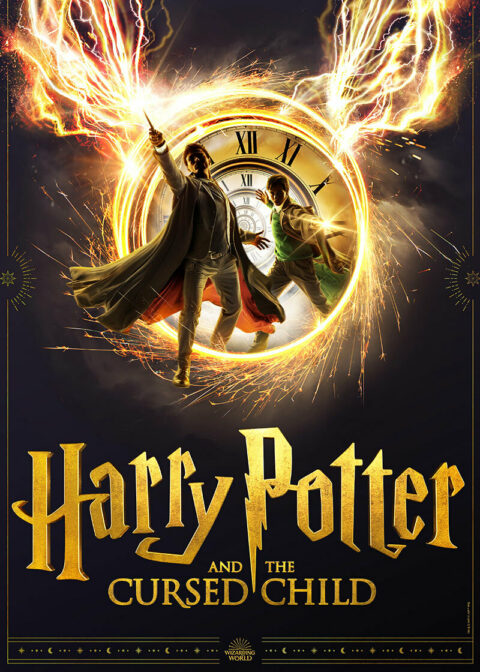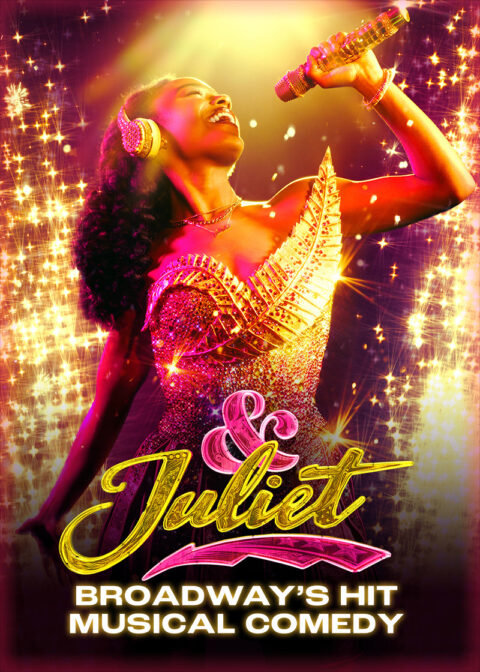The Broadway theater industry has its own special vocabulary, words, and terms. This guide will help keep you in-the-know among Broadway aficionados.
Every industry has its own lingo that only the "insiders" understand, and Broadway is no exception. So that you can bone up on the unique vocabulary used in Broadway theater, we have created this Broadway Vocabulary 101 primer. This guide covers many unique vocabulary terms used on the business, creative, and practical sides of the Broadway industry.
1. Previews
The 3-4 week period at the beginning of a show's Broadway run. The idea behind previews is that they are a chance for the show's creative team to see it in front of an audience and to make any changes that it might think necessary before opening night and before the critics review the show. In some cases, the changes may be very dramatic, with songs being added or cut and scenes rewritten. In other cases, there may be hardly any difference between the first preview performance and the opening night performance. Audiences still pay the same price for tickets during previews and are rarely even informed that what they are seeing is a preview performance.
2. Orchestra
You probably already know that an orchestra is a group of musicians that play together, but we're not talking about that kind of orchestra. Orchestra is also a term that you are likely to come across when buying Broadway show tickets. The Orchestra section is the entire ground floor level of seats.
3. SRO
The acronym SRO stands for "Standing Room Only," and many Broadway theaters sell what they call SRO tickets. These tickets give the buyer the right to stand in a designated location in the theater, usually at the back of the orchestra section, but in some cases on the sides or in the upper levels. Because SRO ticket holders have to stand throughout the entire performance, these tickets are deeply discounted. Most Broadway theaters will only sell Standing Room Only tickets if the performance is in fact sold out, but sometimes really popular shows will sell them either way.
4. Transfer
If a Broadway production is referred to as a "transfer," that means that it has come to Broadway by way of some other non-Broadway venue. This may mean that the production began at an Off-Broadway theater, a major U.S. regional theater, or it may have come over following a popular run in London. Usually a production will only transfer to Broadway if it has been very successful in its previously location, if it has gotten very good reviews, and of course if it can find a producer with enough cash to produce it on Broadway.
5. Season Subscription
Broadway is dominated by commercial productions, but there are a small number of non-profit theater companies that produce shows on Broadway, and these companies offer season subscriptions. Each year, these companies program a season, usually made up of three to four productions, and by buying a season subscription you get a ticket to each of these productions. Subscriptions usually offer perks, the most important one being a substantial discount over single ticket prices.
6. Wrap
This is the amount that a show makes in ticket sales during a set period of time. A Broadway producer might refer to the day's wrap, or the weekly wrap, when discussing how much money has been taken in at the box office.
7. Advance
The advance is the amount of money that a Broadway show has already made in future ticket sales. The advances for incoming Broadway shows are always much higher for shows that have a name value that causes ticket buyers to be willing to splurge on tickets before they've even heard whether or not the show is actually any good. Disney musicals, plays starring big Hollywood actors, and shows with known titles like The Addams Family are likely to have larger advances than your average Broadway show. Shows that are by little known writers and not featuring any stars usually come in with virtually no advance at all. The term still applies to the future ticket sales of a show once it is running on Broadway. Wicked and Jersey Boys, for instance, continued to have a big advance (frequently selling out performances months ahead) long after they opened on Broadway due to good word-of-mouth and advertising.
8. Recoup
Another Broadway business term, this one refers to whether or not a Broadway show earns back the money that was originally invested in it. Because the cost of producing a show on Broadway is so high, and so few become hits, it's actually pretty difficult for a show to recoup. Even rather popular Broadway musicals that run for two or three years don't always recoup during the show's initial Broadway run. Sometimes they eventually make it back when the show goes on tour, though.
9. Gross
This is the total dollar amount of ticket sales, before deductions, for a designated period of time. There are various sources that publish the weekly grosses for Broadway shows so that it is possible for anyone to see which shows are selling well and which ones are not doing so great.
10. Net
The net is the gross minus the usual box office deductions, such as ticket printing fees and credit card commissions.
11. NAGBOR
This is just another way to say "net" - it's an acronym for Net Adjusted Gross Box Office Receipts.


